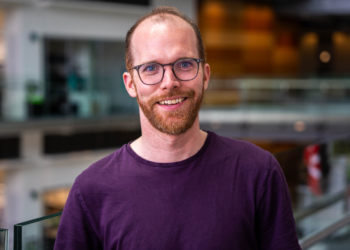There is no off-the-shelf approach to selectively treat cancer without harming healthy tissue. Existing therapies target cancer cells that overexpress a cell-surface receptor, which occur in a minority of patients. Each patient must also be screened for cancer cell receptor
overexpression in order to ensure therapeutic compatibility. Conversely, conventional
chemotherapies are broadly cytotoxic towards both cancer cells as well as healthy tissue.
Treatment with chemotherapy creates unwanted systemic toxicity that can cause permanent damage. We created a bacteria-based delivery system, BacID, to address these
delivery challenges associated with existing cancer therapies. The BacID delivery strain
colonizes and delivers therapies selectively inside tumor cells without affecting healthy
tissue. Intracellular delivery occurs in all solid tumors regardless of the genetic and receptor expression heterogeneity. This is because the BacID platform utilizes the Type 3 secretion systems of Salmonella to invade and deliver cytotoxic and immunotherapies inside cancer cells in a receptor/biomarker independent manner. The universal targeting and delivery mechanism of BacID makes the platform ideally suited for off-the-shelf treatment of genetically diverse cancers.
.
In this publication, we employed genetic engineering strategies that allowed BacID to deliver therapeutic protein inside both primary and metastatic breast cancer cells as well as
demonstrate efficacy against cancers with a high unmet need without causing any damage
to healthy tissue. One of these critical engineering steps enabled BacID to activate and
deliver therapies in tumors simply after ingestion of an over-the-counter dose of Aspirin. The Aspirin-controlled delivery mechanism was specifically implemented to enhance BacID
safety and efficacy in a manner that would be convenient in a clinical setting. Using this
system, we demonstrated that delivering pre-activated caspase 3 reduced the growth of
aggressive triple negative breast cancer in vivo. The therapy was also strongly effective
against other hard-to-treat cancers, like pancreatic and human liver cancer. These results
demonstrate the applicability of the BacID platform in treating hard-to-treat cancers without requiring any knowledge of the patient-specific tumor characteristics.
 Summary of the findings
Summary of the findings









